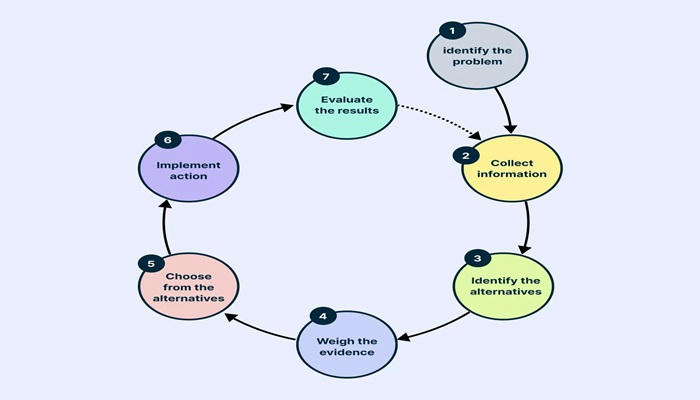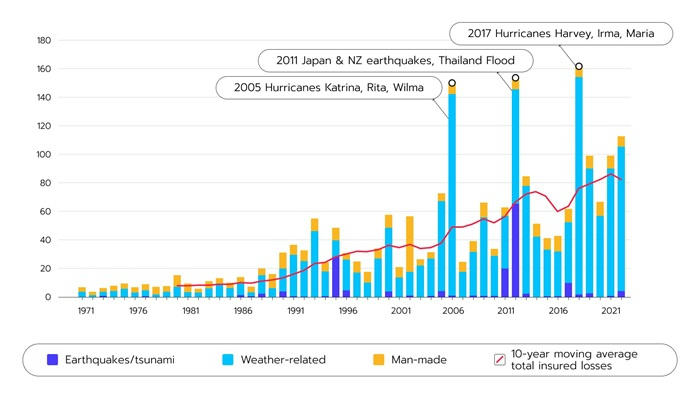The Importance of Insurance: Protecting Your Financial Future
Insurance is more than just a safety net—it’s a cornerstone of financial planning. Whether you’re safeguarding your health, home, or loved ones, insurance provides peace of mind and financial security in the face of life’s uncertainties. In this article, we’ll explore why insurance is essential, the different types of coverage available, and how it can protect your financial future.
Why Insurance Matters: The Foundation of Financial Security
Life is unpredictable. Accidents, illnesses, and natural disasters can strike at any time, often leaving behind significant financial burdens. Insurance acts as a shield, helping you manage these risks without derailing your financial goals. Here’s why insurance is a must-have:
- Risk Management: It transfers the financial risk of unexpected events to an insurance company.
- Financial Stability: It ensures that you and your family are protected from sudden expenses.
- Peace of Mind: Knowing you’re covered allows you to focus on what truly matters.
Without insurance, a single unexpected event could wipe out your savings or leave you in debt. Insurance is not just an expense—it’s an investment in your future.

Types of Insurance: What You Need to Know
There are several types of insurance, each designed to protect different aspects of your life. Here’s a breakdown of the most common ones:
1. Life Insurance: Protecting Your Loved Ones
Life insurance ensures that your family is financially secure in the event of your passing. It can cover funeral expenses, pay off debts, and provide ongoing income for your dependents. There are two main types:
- Term Life Insurance: Provides coverage for a specific period.
- Whole Life Insurance: Offers lifelong coverage with a savings component.
Why it’s important: It ensures your family’s financial stability, even when you’re no longer there to provide for them.
2. Health Insurance: Safeguarding Your Well-Being
Medical emergencies can be costly, and health insurance helps cover these expenses. It includes hospitalization, surgeries, medications, and preventive care. Many policies also offer coverage for critical illnesses and maternity care.
Why it’s important: It protects your savings from being drained by unexpected medical bills.
3. Home Insurance: Shielding Your Property
Your home is one of your most valuable assets, and home insurance protects it from damage or loss due to fire, theft, natural disasters, and more. It also covers liability if someone is injured on your property.
Why it’s important: It ensures that your home and belongings are protected, no matter what happens.

4. Auto Insurance: Covering Your Vehicle
Auto insurance is mandatory in most places and covers damage to your vehicle, liability for injuries or damage to others, and medical expenses in case of an accident. Additional coverage can include protection against theft, natural disasters, and more.
Why it’s important: It keeps you financially protected on the road.
5. Travel Insurance: Peace of Mind on the Go
Travel insurance covers unexpected events during your trips, such as trip cancellations, medical emergencies, lost luggage, and flight delays.
Why it’s important: It ensures that your travel plans don’t turn into financial nightmares.
The Benefits of Insurance: More Than Just Financial Protection
Insurance offers a wide range of benefits that go beyond just covering costs:
- Tax Benefits: Many insurance policies offer tax deductions on premiums paid.
- Savings and Investments: Some policies, like whole life insurance, come with a savings or investment component.
- Stress Reduction: Knowing you’re covered reduces anxiety and allows you to enjoy life more fully.

How to Choose the Right Insurance
With so many options available, choosing the right insurance can feel overwhelming. Here are some tips to help you make the best decision:
- Assess Your Needs: Consider your lifestyle, dependents, and financial goals.
- Compare Policies: Look at different insurers and policies to find the best coverage at the best price.
- Read the Fine Print: Understand the terms, conditions, and exclusions of your policy.
- Consult an Expert: An insurance advisor can help you navigate your options and choose the right plan.
The Future of Insurance: What’s Changing?
The insurance industry is evolving, with new technologies and trends making it more accessible and personalized. Here are some developments to watch:
- Digital Platforms: Online tools and apps make it easier to buy and manage policies.
- Usage-Based Insurance: Policies tailored to your specific habits, like pay-as-you-drive auto insurance.
- AI and Big Data: Insurers are using data to offer more accurate pricing and personalized coverage.

Conclusion: Insurance is Your Financial Safety Net
Insurance is not just a product—it’s a promise. A promise to protect you, your family, and your assets from life’s uncertainties. By investing in the right insurance policies, you’re not just securing your financial future; you’re ensuring that you can face whatever comes your way with confidence.
So, take the time to evaluate your needs, explore your options, and choose the coverage that’s right for you. After all, your financial future is worth protecting.
Final Thought: Insurance is like an umbrella—it’s better to have it and not need it than to need it and not have it. Don’t wait until it’s too late—secure your future today!
